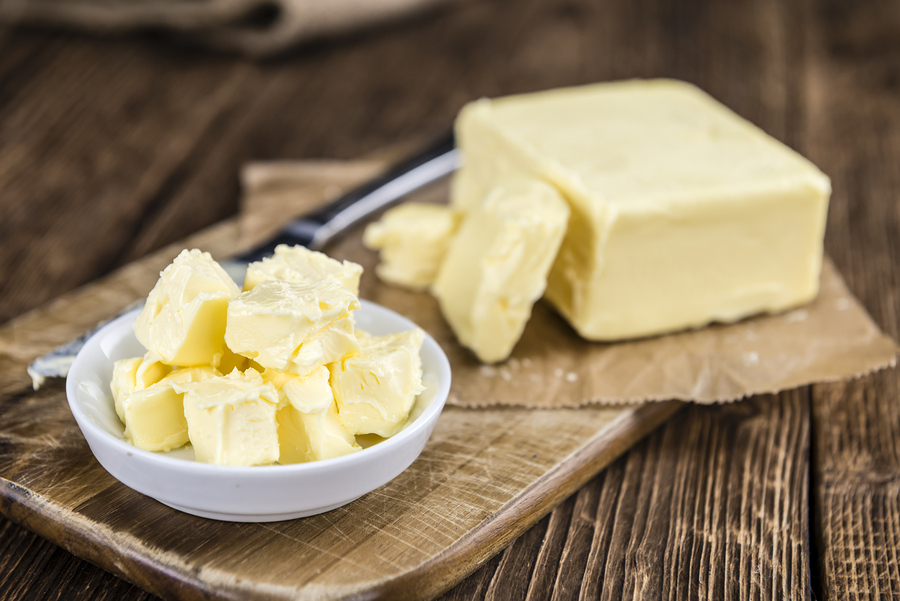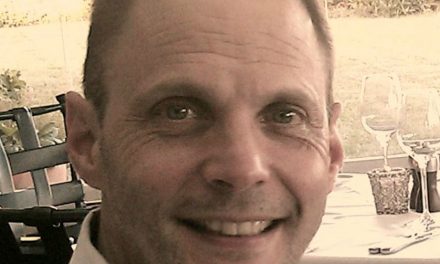A growing body of research is showing that a diet extremely high in fat and low in carbohydrates, the hallmarks of a ketogenic diet, is not only good for weight loss, but might also help to prevent disease. (And yes, there are also those who caution against this diet and we suspect for as many people as there are who support it, there are those who do not. Check out the video at the very bottom about the dangers of a keto life.)
RELATED STORY:
“The ketogenic diet, or keto, relies on using your fat as fuel, instead of glucose from carbohydrates or protein. Simply put, the daily ketogenic diet consists of 75 percent fat, 20 percent of protein, and a teeny allotment of carbohydrates, about 5 percent. This balance of macronutrients is intended to put your body in a state of ketosis, which suppresses the release of insulin and blood glucose levels. The benefits of ketosis to your health are improvements in biomarkers like blood glucose, reduction of blood pressure and decreased appetite due to fullness linked to consumption of fats.” 1
Your body’s preferred fuel of choice is glucose. So, anytime you eat a carbohydrate, like potatoes or a Mars bar, your body turns it into glucose or sugar. Those who favor a keto diet “say the problem with a high-carbohydrate diet is that it induces high insulin levels and keeps the body burning sugar and carbs instead of fat. In contrast, on a low-carb diet, the body learns to burn fat preferentially. When this happens, acids known as ketones are released from fat into the body, while insulin levels go down. Ketosis can occur after several days on a low-carb diet.”2
RELATED STORY:
Some might not find this diet very easy to follow (something many people also say about the plant-based lifestyle) but if you are dealing with obesity, chronic disease or something like cancer, it might be worth a shot.
Dr. Patrick Hwu, one of the leading cancer specialists in the U.S., has followed the keto diet for four years and not only believes the diet warrants more research (to investigate whether the diet can specifically inhibit cancer cells) but has seen it work in his own life. On a typical day, this is what he eats:3
Breakfast- A cup of coffee with heavy whipping cream, stevia drops, and unsweetened almond milk
Lunch- Greens like spinach, zucchini or broccoli, with a controlled portion of meat
Dinner- Green vegetables with a small portion of tofu
(Butter, without bread, is used liberally with almost every meal.)
Once in a while, he will eat no-added sugar coconut milk ice cream bars. However, in general, he stays away from fruit, calling it “nature’s candy”. In contrast to what we regularly report here, Hwu thinks cheese and cream cheese are perfect foods to eat on a daily basis (even when organic, dairy makes inflammation in the body). Any carbs that are consumed need to be in moderation and high in fiber.
RELATED STORY:
In the first few weeks, many people experience side effects bad enough to be known as the keto flu: insomnia, headaches, bad breath, and constipation. Those who are Type 1 diabetics, people with kidney disease, and pregnant women should avoid the ketogenic diet.
So, what do you think? Have you tried the keto diet? Would you be willing to?












